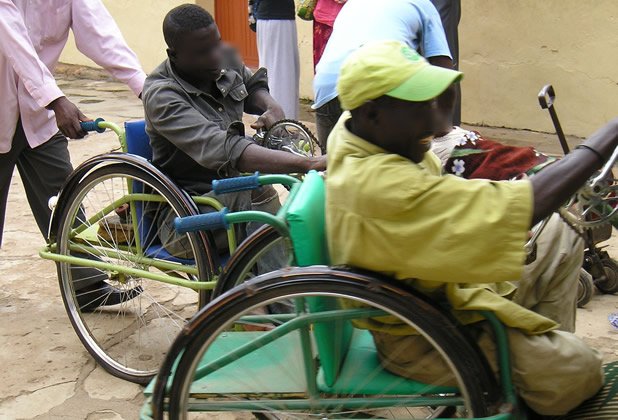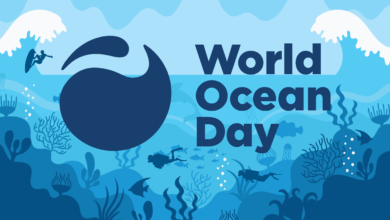Bridging the Gap: Ensuring Equal Rights and Protection for Children with Disabilities in Nigeria

Source: https://punchng.com/
Story
A report by Agora Policy reveals that 17 out of Nigeria’s 36 states are yet to adopt the Disability Act as law. The Disability Act, which is meant to protect the rights of Persons With Disabilities (PWDs), has only been domesticated in 19 states. This lack of adoption leaves PWDs in the remaining states vulnerable to discrimination and without legal protection. The report highlights the need for greater inclusion of PWDs and calls for action such as addressing data gaps, sensitizing the public, and collaborating with organizations to promote the Act’s implementation.
Senses (Child Safeguarding and Protection Principles)
- Inclusion and Non-Discrimination: The lack of legal protection for PWDs in 17 states highlights the principle of non-discrimination, which is crucial in safeguarding and protecting children with disabilities. Without proper legislation, these children may face exclusion from essential services, education, and protection.
- Legislative and Policy Framework: The importance of having a solid legislative framework is emphasized. The Disability Act serves as a protective mechanism for children with disabilities, ensuring their rights are upheld. The absence of this framework in several states shows a significant gap in safeguarding.
- Empowerment and Participation: The article underscores the need for empowering PWDs, including children, by ensuring their voices are heard and their needs are met through appropriate policies and actions.
Stones (Child Safeguarding and Protection Lessons for Parents, Government, and Society)
- For Parents: Parents of children with disabilities should be proactive in advocating for their children’s rights, particularly in states where the Disability Act has not been adopted. They should engage with local and national organizations to push for the domestication of the Act in their states.
- For Government: State governments must prioritize the adoption and implementation of the Disability Act. They should also ensure that there are robust mechanisms in place for monitoring and enforcing the Act to protect the rights of children with disabilities. Additionally, addressing data gaps is crucial for understanding and meeting the needs of these children.
- For Society: Society at large needs to challenge ableism and other forms of discrimination against PWDs. There should be increased public awareness and education on the rights of children with disabilities, promoting a culture of inclusion and respect.
Conclusion
The failure of 17 Nigerian states to adopt the Disability Act leaves children with disabilities vulnerable to discrimination and exclusion. This situation underscores the critical need for a unified legislative framework to protect the rights of all PWDs, particularly children. It is imperative that parents, governments, and society work together to ensure that these children are safeguarded and their rights upheld. Through increased awareness, advocacy, and the adoption of protective laws, the nation can move towards a more inclusive and equitable society for all its citizens.
Source of Image: https://punchng.com/





